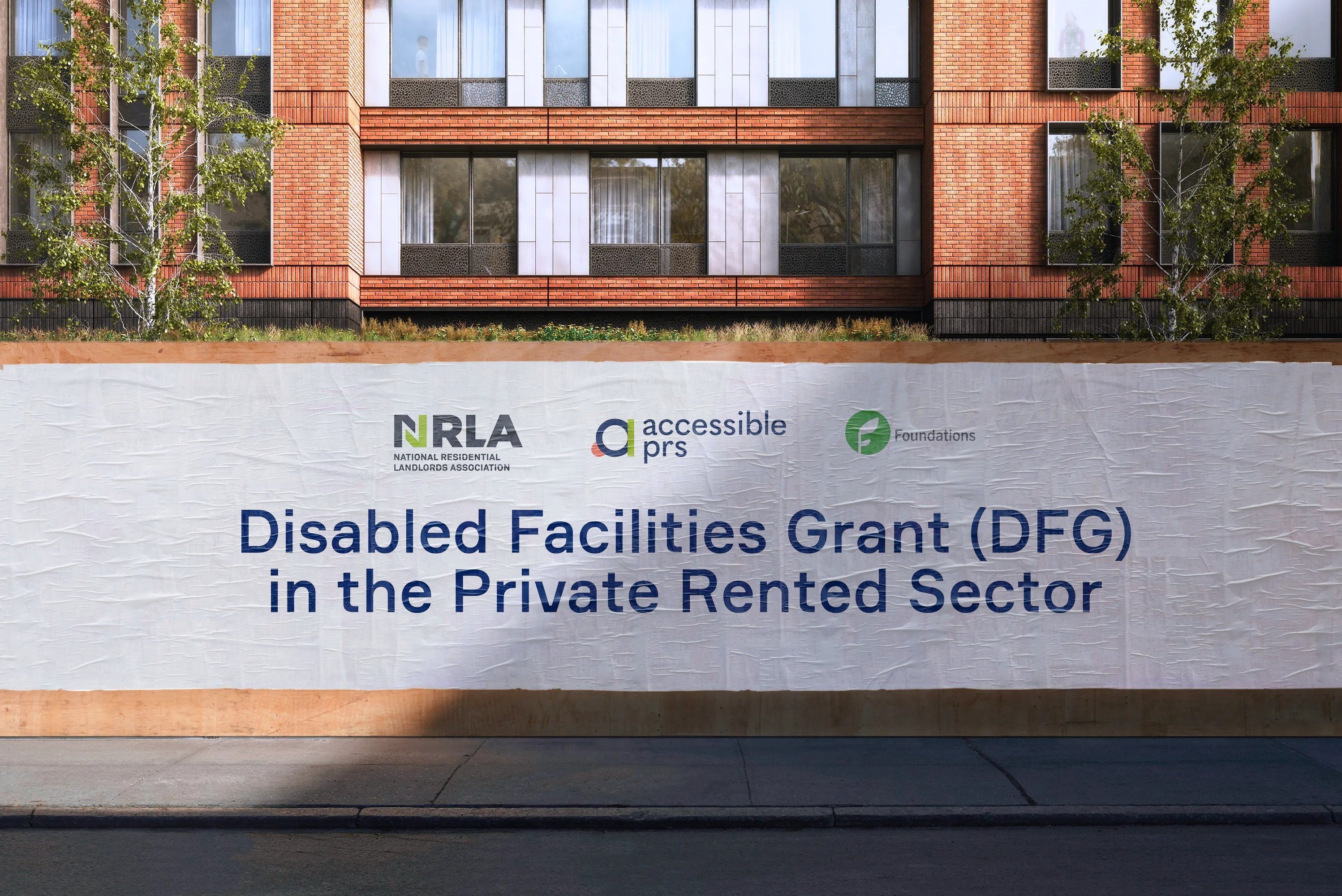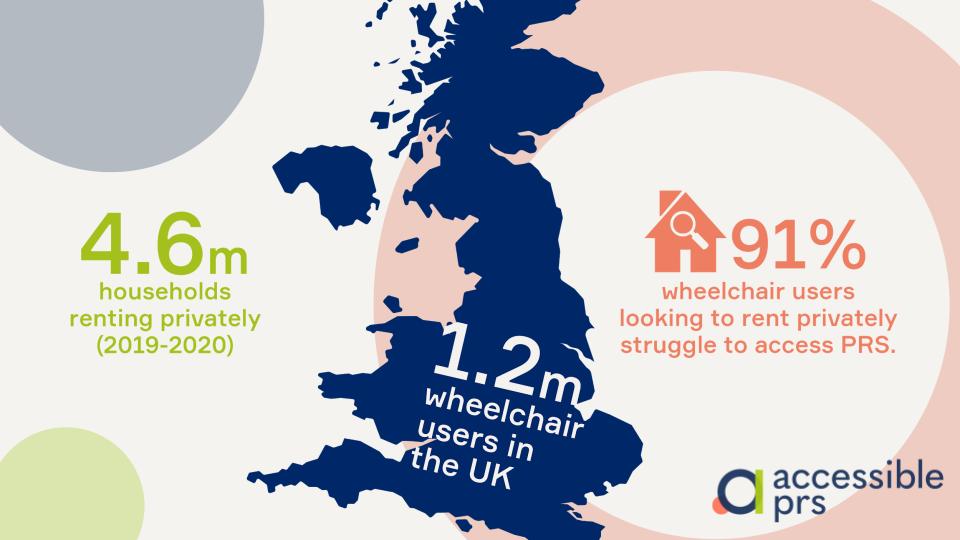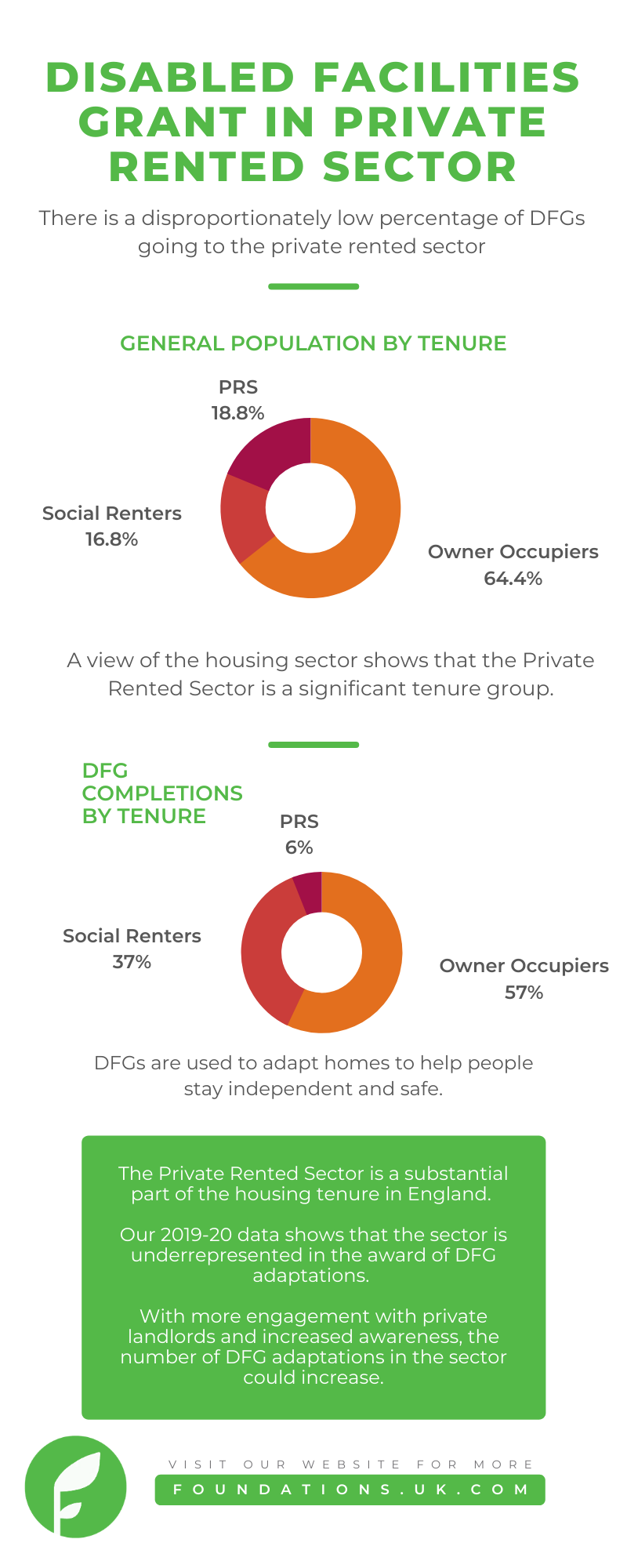Disabled Facilities Grant (DFG) in the Private Rented Sector.
Back to Resources
Disabled Facilities Grant (DFG) in the Private Rented Sector.
Tue Mar 23, 2021
National Residential Landlords Association launches a new campaign on Adaptations in the PRS, calling for greater cooperation between landlords & local authorities, and clear communications around DFGs.



2. NRLA Research Report - Adapting the Private Rented Sector. An insight into the awareness of and perceived barriers to adaptations for disabled and older people for private landlords.
Click on the image to read, download & share - How it views when you click on it will depend on your browser settings.
Click on the image to read, download & share - How it views when you click on it will depend on your browser settings.


